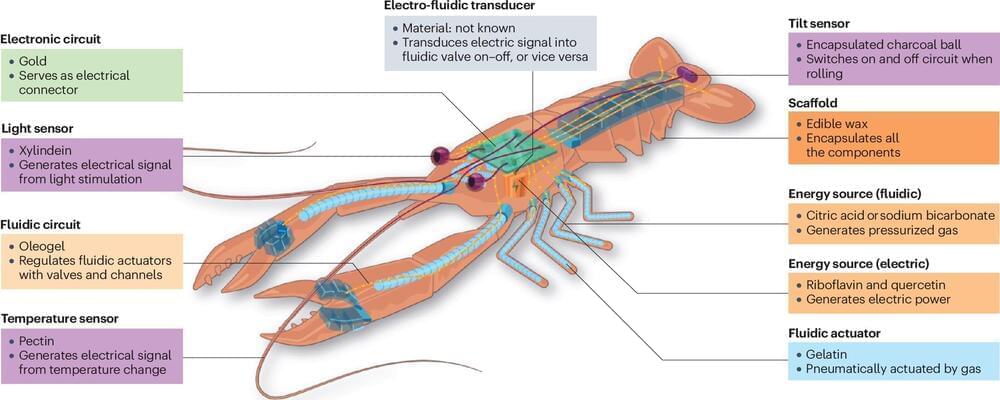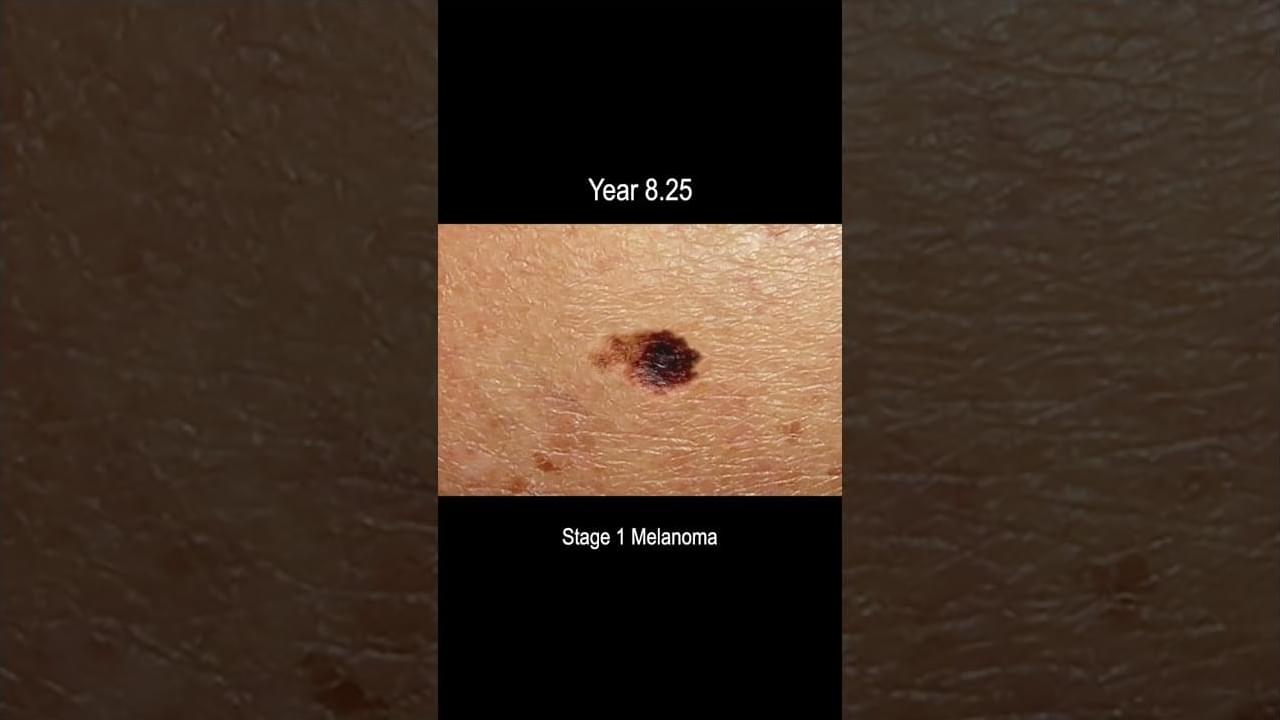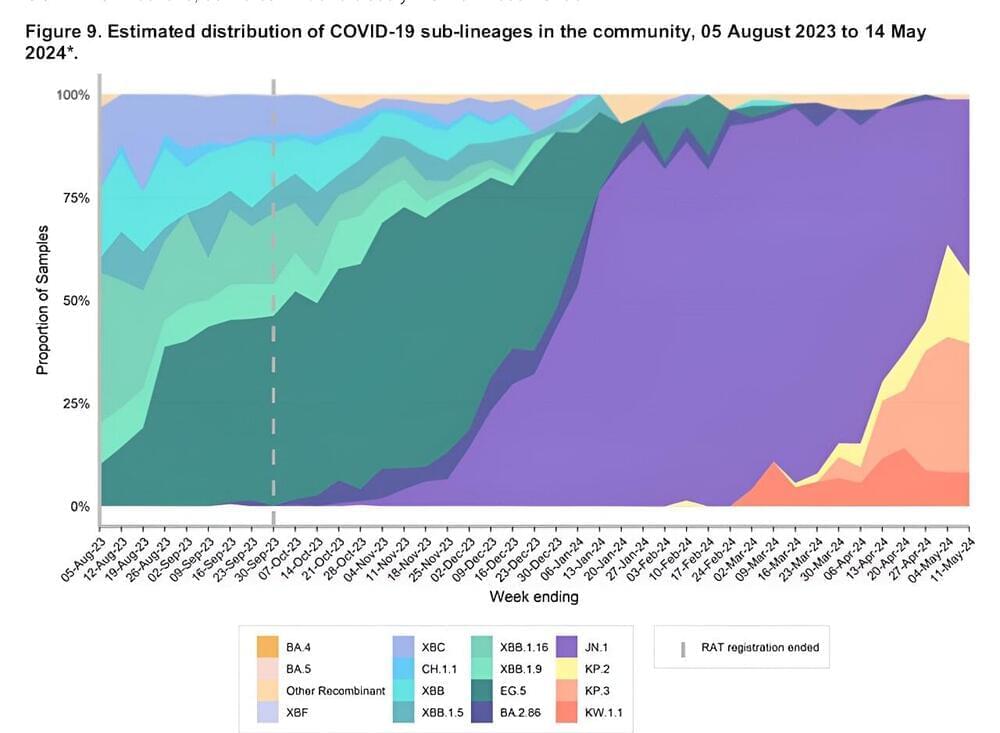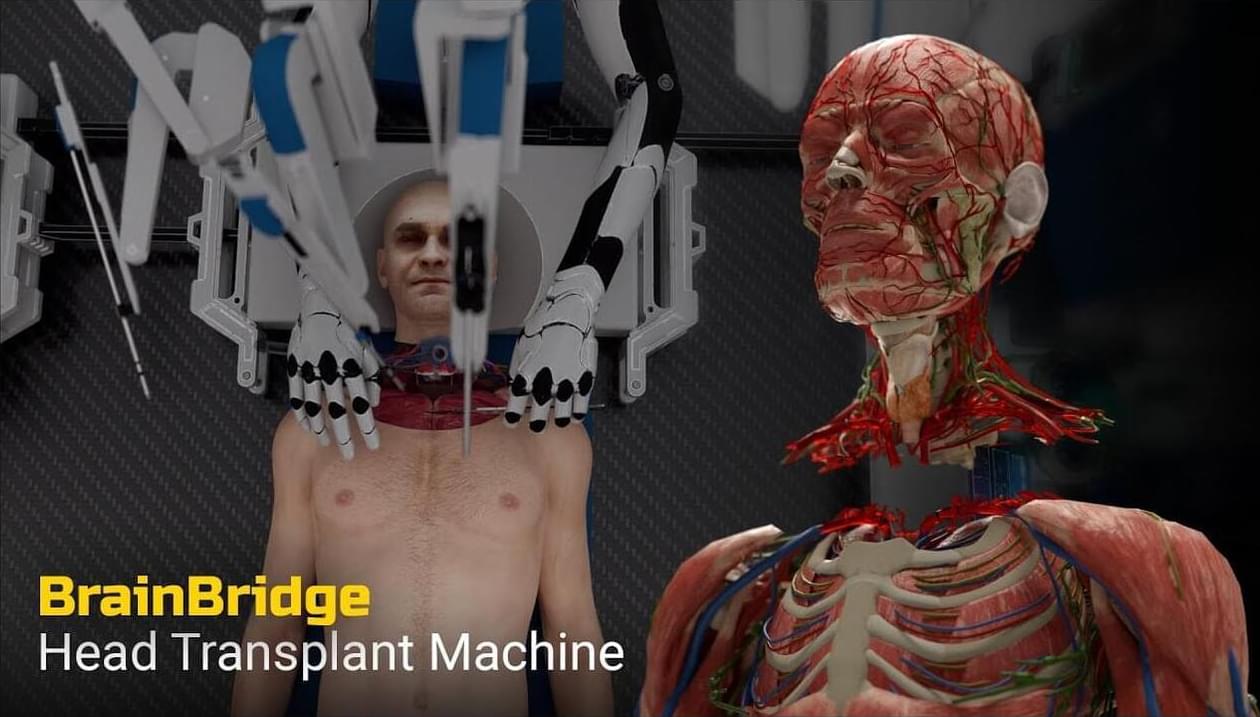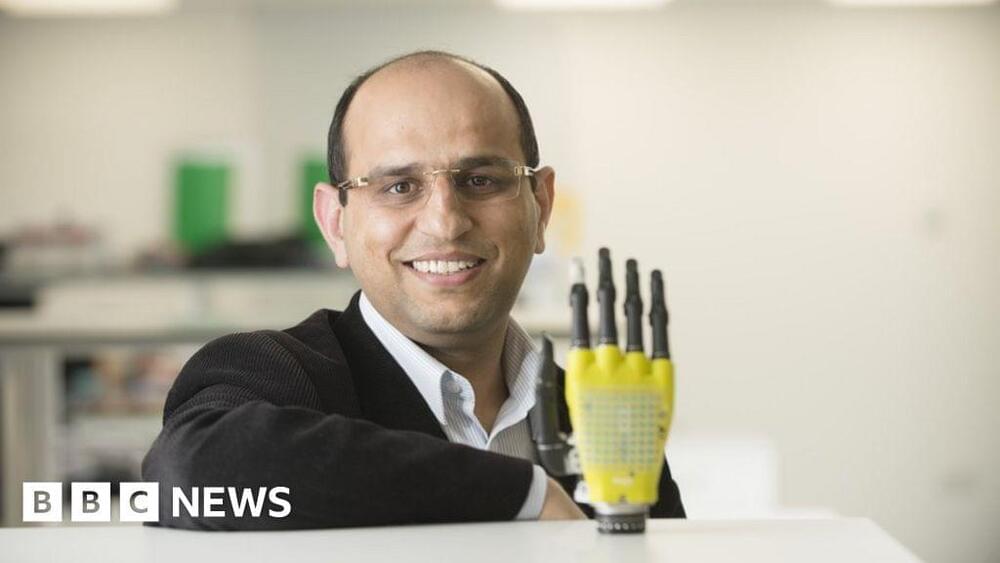Jun 17, 2024
A fully edible robot could soon end up on our plate, say scientists
Posted by Alessandro Carvalho in categories: biotech/medical, food, health, robotics/AI
Science and Technology: Some robots could be “eaten” so they could walk around inside the body and perform tests or surgeries from the inside out; or administer medications.
Robots made of several nanorobots joined together could assemble and reassemble themselves inside the body even after being…
Robots and food have long been distant worlds: Robots are inorganic, bulky, and non-disposable; food is organic, soft, and biodegradable. Yet, research that develops edible robots has progressed recently and promises positive impacts: Robotic food could reduce electronic waste, help deliver nutrition and medicines to people and animals in need, monitor health, and even pave the way to novel gastronomical experiences.
Continue reading “A fully edible robot could soon end up on our plate, say scientists” »
